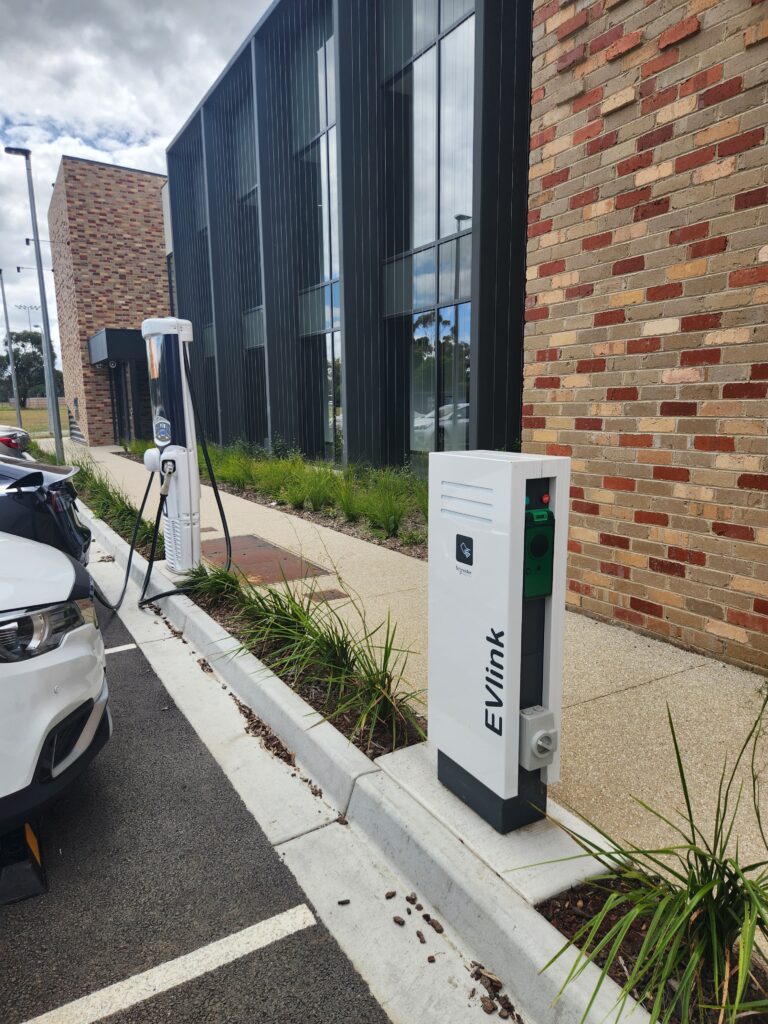Optimising Fleet’s Charging Schedules

August 30, 2023
The transport industry is undergoing a monumental transformation, transitioning not only from internal combustion engines (ICE) to electric vehicles (EVs), but also advancing into the realm of intelligent vehicles. Electric vehicles are distinct from traditional ICE vehicles, necessitating a unique approach to meet their requirements.
In a world racing towards a more sustainable future, the transportation sector holds a pivotal role in shaping a cleaner society. EVs have emerged as the preferred choice for conscientious fleet operators committed to environmental well-being. Yet, the shift towards an all-electric fleet presents unprecedented challenges, with one of the foremost being the optimisation of charging schedules.
Electrification of fleets especially for those with tight schedules and low profit margins presents enormous problems such as range limitations, variable ranges based on load weight, cooling and heating, route detour, and charging times. These challenges resonate across an array of organisations ranging from local city councils and bus operators to courier services and logistics enterprises. While this sector undoubtedly wields significant potential in curbing carbon emissions, it also plays a pivotal role in Australia’s economy, contributing a substantial $73 billion directly in 2021.
Failure to surmount these hurdles could lead large fleets and bus operators to delay the adoption of EVs, potentially undermining our pursuit of net-zero goals.
Consider the case of bus operators who have finely tuned their diesel bus planning and procurement over decades. Decisions about bus types traditionally revolve around factors like passenger capacity, comfort amenities such as air conditioning, and propulsion system power. Driving range scarcely poses an issue for internal combustion engine buses. However, this paradigm changes with battery-operated buses. Their range hinges on battery energy capacity. While a larger battery extends range, it also augments bus weight, consequently elevating energy consumption per distance unit and operational costs. While various energy storage technologies are in development, lithium-ion batteries with limited capacity are projected to remain the dominant solution in the near term.
Decoding Charging Schedules
In contrast to traditional ICE vehicles, EVs require more extended refuelling times, which vary by battery size. Buses, for instance, necessitate lengthy charging sessions due to their 350 kWh batteries. Similarly, trucks and vans demand more time for recharging compared to conventional passenger vehicles.
The Significance of Charging Schedules
Fleets operating on a large scale with a diverse array of routes are either already grappling with or will soon need to optimise and potentially automate their charging workflows. Neglecting this aspect could jeopardize operational smoothness. For fleet managers, however, optimising charging procedures for numerous vehicles can pose a complex puzzle.
Several issues surface for fleet operators in this context:
- Charging Schedules: Orchestrating the schedules for charging numerous EVs is intricate.
- Cost Constraints: Fleets operating on slim profit margins might allocate substantial capital to installing EV chargers and personnel for charge management.
- Operational Continuity: There exists the risk of disruptions to day-to-day operations.
Thank you for reading this Article. Stay tuned for our upcoming article where we describe what our team doing to tackle the unseen issue of EV Charging Schedules.
Comment below or reach out directly if your organisation or any company you know is facing this challenge. We want to hear from you and help you solve this challenge.
We hope you found the information provided insightful and practical. If you are an organisation moving to EVs and encountering some challenges and require assistance, please don’t hesitate to contact us at info@beyondev.com.au.
Electrification all the way!⚡


